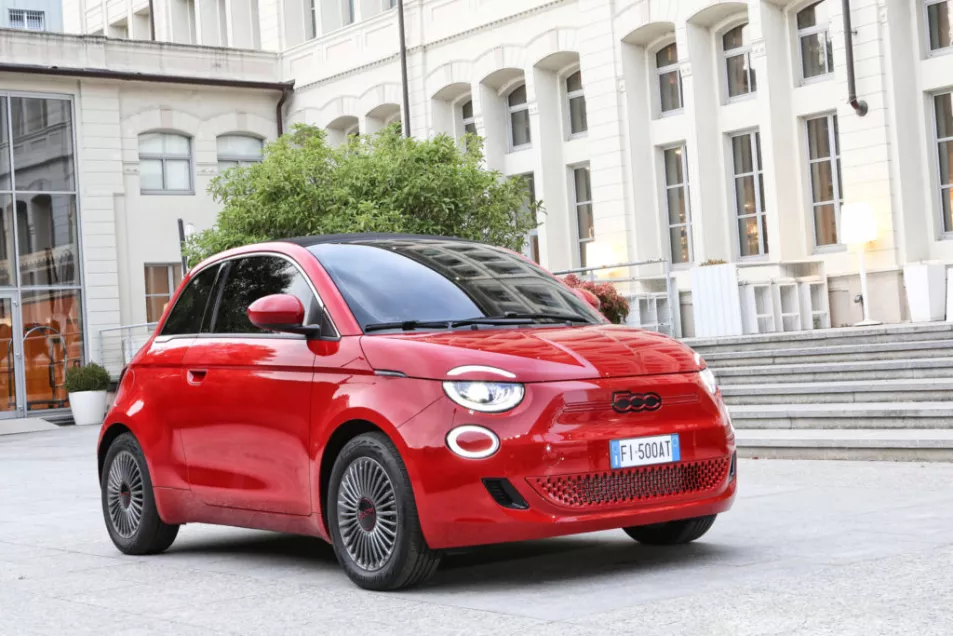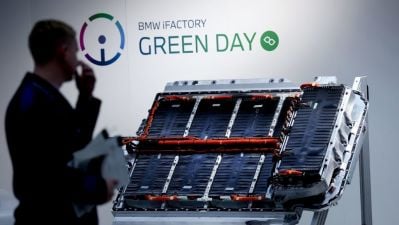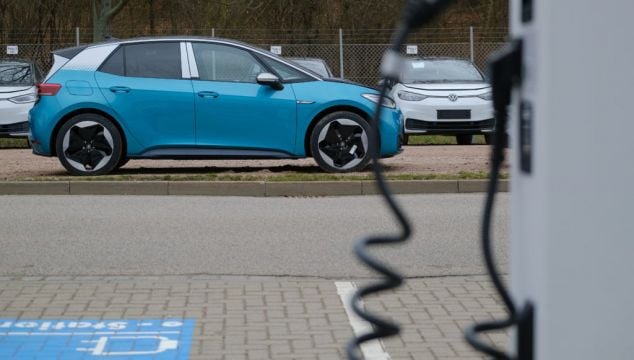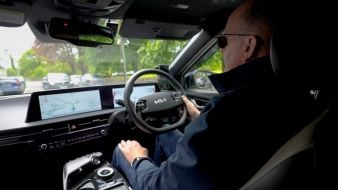There are plenty of bar stool experts when it comes to electric cars and batteries. So Breakingnews.ie is going to try and break down the misinformation, half-truths, and plain old panic that surrounds electric cars right now. One such statement that's frequently encountered is:
“EV’s are too expensive, their insurance costs are higher, and charging is too expensive!”
So far, electric cars have been pretty expensive, it’s true. Batteries are still an evolving technology whereas the research and development into petrol and diesel engines has largely been long since done and paid for. The materials used in batteries — lithium, cobalt, nickel and more — are also pricey things that can be difficult to mine, so they’re not cheap either.
However, there have been massive falls in the prices of new electric cars in the past year. The price cuts were triggered by two things.
First, Tesla — long since the market leader in electric cars — saw increasing competition from up-and-coming Chinese electric car brands, and started chopping big chunks out of the price tags of the Model 3 and Model Y, forcing other carmakers to follow suit if they wanted to stay competitive.
Equally, that competition has seen carmakers start to make EVs which cost as little as €25,000, and that number will continue to fall in the coming years.
At the same time, batteries have become cheaper to make as the industrial base for making them builds up, and some of the raw materials become cheaper.
“It is true that EVs initially came with a premium compared to comparable combustion-engined vehicles, but that gap is starting to come down,” Ciaran Cusack, Marketing Manager for Fiat, Jeep, and Alfa Romeo in the Irish market.
I can see this price gap between traditional petrol and diesel [ICE] models and EVs reducing even further in the future
“As research and development costs come down and economies of scale improve, I can see this price gap between traditional petrol and diesel [ICE] models and EVs reducing even further in the future.

"With the Government grant and our current Fiat deposit contribution offers, you can now buy a 500e for €24,995 and its new big sister, 600e, for €31,995 which is great value. It is also important customers consider the total cost of ownership when comparing prices of EVs with ICE [Internal combustion Engine] vehicles. Lower servicing costs of EVs along with lower fuel costs should be taken into account when making a purchasing decision.”
Charging
Ronan Flood, managing director of Kia Ireland reckons that the cost of charging is also red herring. “If you charge at home using night rate electricity the cost of travelling 800km is currently only €22 for EVs versus over €100 for diesel which is a huge saving.
"In addition, servicing and maintenance costs are significantly less, so when you factor in the total cost of ownership there are significant savings to be made driving electric cars, especially when charged at home,” says Flood. While public charging points remain expensive (although as this piece was being written, the ESB had just announced a price cut of up to 13 per cent for its public chargers), research shows that 90 per cent of all EV charging is done at home.
The night-time rate can go as low as 11.09c per kWh
Stephen McGrath, head of product for Peugeot in Ireland points out: “The night-time rate from Electric Ireland is 18.8c per kWh. It can go as low as 11.09c per kWh between the hours of 2am to 4am, which means that against an average litre of unleaded, costing €1.83, you’re getting a saving on energy costs from driving and EV of up to 75 per cent.”
Volkswagen Ireland’s chief executive, Pierre Boutin, says the all-electric VW ID.3 - in Pro S Plus specification - is only €135 more expensive than a 2.0-litre diesel R-Line Golf hatchback.
“We have invested heavily in electric vehicles and the digital platforms that support them. As technology advances and electricity prices have dropped, buying and owning an EV has become more cost-effective than ever. There are substantial benefits to driving electric vehicles. This is born out by the fact that the vast majority of Irish motorists who switch to an EV do not want to go back,” said Boutin.
Insurance

Insurance, at the moment, is a slightly trickier one. Most insurers admit that they are loading EVs with higher premiums, not because they are more dangerous, but because they are more expensive to repair.
However, as VW Ireland points out, in Ireland insurers don’t use the car itself as the deciding factor for the cost of a premium, and instead focus more on driver age, location, and driver history before looking at the vehicle’s value.
Equally, as more and more main dealer technicians become trained up to work on high-voltage batteries, and as more and more independent dealers can begin to do the same, so electric car repair costs will start to come down, and so too will insurance premiums.
There are also some deals to be had on insurance right now. Ciaran Cusack from Fiat says: “Insurance for EVs can be higher due to the purchase price of the car. With some insurance companies offering discounts to EV drivers, it is prudent to shop around.”







